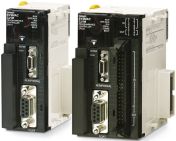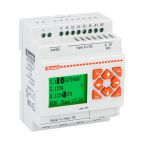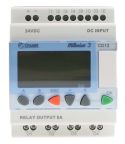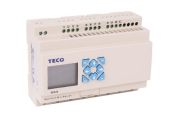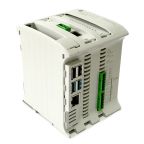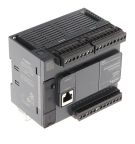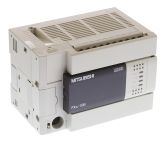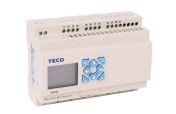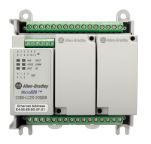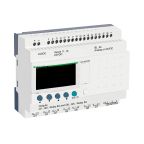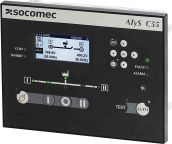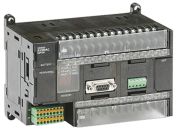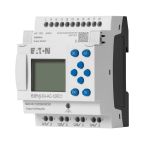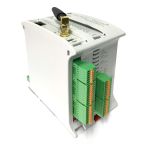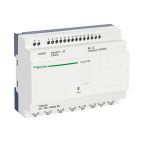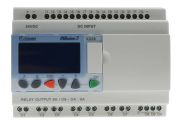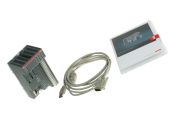PLCs - Programmable Logic Controllers
PLC stands for Programmable Logic Controller. It is a digital computer-based control system commonly used in industrial automation to monitor and control machinery or processes. A PLC is designed to withstand harsh industrial environments and is typically used to automate tasks that require precision, reliability, and flexibility. It consists of a programmable microprocessor, input and output modules, and various communication interfaces.
How do PLCs (Programmable Logic Controllers) work?
PLCs (Programmable Logic Controllers) work by executing a program or set of instructions to control and automate industrial processes.
- Input Acquisition
- Program Execution
- Program Logic
- Decision Making
- Output Control
- Communication
- Monitoring and Diagnostics
What are the benefits of PLCs (Programmable Logic Controllers)?
- Flexibility: Provide a high degree of flexibility in terms of programming and reprogramming. They allow for easy modification and adaptation of control logic to accommodate changes in the process or system requirements without requiring hardware modifications.
- Reliability: Designed for reliable operation in harsh industrial environments. They are built to withstand extreme temperatures, vibration, electrical noise, and other challenging conditions. PLCs are known for their robustness and durability.
- Real-time Operation: Offer real-time control, enabling precise and timely response to inputs and events. This is crucial in applications that require fast and accurate control, such as high-speed manufacturing processes or critical safety systems.
- Diagnostics and Troubleshooting: PLCs provide built-in diagnostics and monitoring capabilities, allowing operators to detect faults, analyse performance, and troubleshoot issues quickly. This facilitates maintenance and minimizes downtime.
- Safety Features: Many PLCs offer safety-oriented functionality, including specialized programming languages and certified safety modules. Safety PLCs ensure compliance with industry safety standards and provide features such as safety interlocks, emergency stop functions, and fault detection.
- Remote Access and Monitoring: PLCs with network connectivity allow for remote access and monitoring, enabling operators to control and monitor processes from a central location or through secure remote connections. This enhances operational efficiency and facilitates remote troubleshooting.
What applications use PLCs (Programmable Logic Controllers)?
- Manufacturing
- Power Generation and Distribution
- Chemical and Petrochemical Industry
- Water and Wastewater Treatment
- Food and Beverage Industry
- Automotive Industry
- Pharmaceutical Industry
- Packaging and Material Handling
- Oil and Gas Industry
More information can be found in our PLCs guide.
Popular Searches
Related links
- RS PRO Logic Controller for Use with RS PRO PLC Expansion Modules Transistor Output DC Input
- Siemens SIMATIC S7-1200 Series PLC CPU for Use with SIMATIC S7-1200 Series Transistor Output 2
- RS PRO Logic Controller for Use with RS PRO PLC Expansion Modules Transistor Output DC Input
- RS PRO Logic Controller for Use with RS PRO PLC Expansion Modules Transistor Output DC Input
- RS PRO Logic Controller for Use with RS PRO PLC Expansion Modules Relay Output DC Input
- RS PRO Logic Controller for Use with RS PRO PLC Expansion Modules Transistor Output DC Input
- RS PRO Logic Controller for Use with RS PRO PLC Expansion Modules Relay Output DC Input
- RS PRO Logic Controller for Use with RS PRO PLC Expansion Modules Relay Output DC Input

